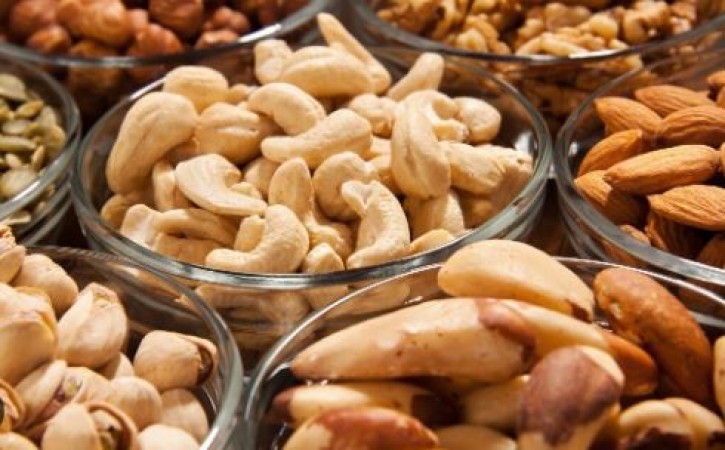
Diabetes management involves careful attention to diet, and dry fruits are often considered a healthy choice. However, for individuals with diabetes, certain dry fruits can pose challenges due to their high natural sugar content and impact on blood sugar levels. Here’s a detailed look at which dry fruits to avoid and why:
1. Raisins
Why to Avoid:
Raisins are dried grapes, and during the drying process, their natural sugars become concentrated. This means that even a small portion of raisins can have a significant amount of sugar, which can quickly elevate blood sugar levels.
Impact:
The high glycemic index (GI) of raisins can cause rapid spikes in blood glucose, making them a less suitable option for diabetics who need to maintain stable blood sugar levels.
2. Dates
Why to Avoid:
Dates are known for their rich, caramel-like sweetness, which comes from their high sugar content. Despite their nutritional benefits, including fiber and essential minerals, their effect on blood sugar can be problematic.
Impact:
Dates can cause a substantial increase in blood glucose levels due to their high glycemic index. This makes them a risky choice for those managing diabetes, as it can be challenging to keep blood sugar levels in check.
3. Figs
Why to Avoid:
Figs, whether fresh or dried, contain a significant amount of natural sugars. When dried, this sugar concentration is even higher, which can affect blood sugar control.
Impact:
The concentrated sugars in dried figs can lead to rapid increases in blood glucose levels. Diabetics need to be cautious with figs to avoid disrupting their glucose management.
4. Cranberries
Why to Avoid:
Dry cranberries are often sweetened to enhance their flavor, leading to added sugars that can further complicate blood sugar control. Even unsweetened dried cranberries can have a high glycemic impact.
Impact:
Overconsumption of dried cranberries can contribute to elevated blood sugar levels due to their inherent natural sugars and potential added sweeteners.
5. Apricots
Why to Avoid:
Dried apricots are a good source of vitamins and minerals but also contain concentrated natural sugars. This high sugar content can affect blood glucose levels if consumed in large quantities.
Impact:
The glycemic index of dried apricots can lead to quick spikes in blood sugar, making them a less ideal choice for those managing diabetes.
6. Plums
Why to Avoid:
Dried plums, also known as prunes, are often used for their digestive benefits, but they also have a high natural sugar content that can impact blood sugar control.
Impact:
The high sugar content in dried plums can result in increased blood glucose levels, making them a food to avoid or consume in moderation for diabetics.
General Advice for Diabetics
Portion Control:
If you choose to include any dry fruits in your diet, practice portion control. Small amounts can help minimize the impact on blood sugar levels.
Choose Unsweetened Variants:
Opt for unsweetened or naturally dried versions of fruits when possible, and always check nutritional labels for added sugars.
Monitor Blood Sugar Levels:
Regular monitoring of blood sugar levels can help assess how different foods affect your glucose levels and adjust your diet accordingly.
Consult a Healthcare Professional:
Always consult with a healthcare provider or a nutritionist to tailor your diet to your specific needs and manage diabetes effectively.
By understanding which dry fruits to avoid and why, individuals with diabetes can make more informed dietary choices, helping to maintain better blood sugar control and overall health.
Many changes occur in the breast after pregnancy and childbirth
This type of food can worsen your health
Stubborn Belly Fat Will Reduce in a Few Days: Just Follow These Tips